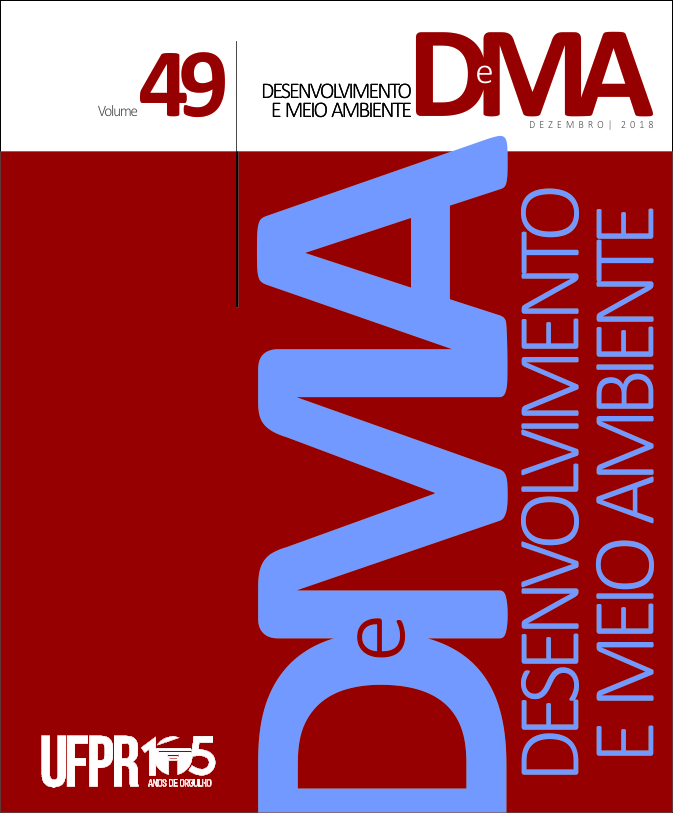Speciesism in modern food culture: socioeconomic, health, environmental and ethical impacts of the animal production chain in Brazil
DOI:
https://doi.org/10.5380/dma.v49i0.56051Keywords:
Speciesism, modern food culture, sustainability, BrazilAbstract
This article carries out a critical reflection on the speciesism in modern food culture and its implications in Brazil. The purpose of the discussion is to show that speciesism, understood as a form of prejudice based on belonging to a species, presents fertile ground for an interdisciplinary debate and to think about important dimensions of sustainable development. In accordance with the social constructivist perspective and based on the analysis, the study indicates that the production of foods of animal origin presents a speciesist character, that is, it ignores the interests of nonhumans. We suggest that the confluence of speciesism, private property and industrial production methods have negative socioeconomic, health, environmental and ethical impacts. In view of its broad implications, the speciesism should be better discussed in Brazilian science, especially in the Social Sciences. We conclude that the naturalization of speciesism not only has negative social, environmental and health consequences, but also ethical ones, that must be discussed in the scientific scope in order to seek, in this way, to overcome anthropocentric ideas that contributed to the appearance and aggravation of environmental crises that we live in today.
Downloads
Published
How to Cite
Issue
Section
License
Copyright on works published in this journal rests with the author, with first publication rights for the journal. The content of published works is the sole responsibility of the authors. DMA is an open access journal and has adopted the Creative Commons Attribution 4.0 Not Adapted (CC-BY) license since January 2023. Therefore, when published by this journal, articles are free to share (copy and redistribute the material in any medium or format for any purpose, even commercial) and adapt (remix, transform, and create from the material for any purpose, even commercial). You must give appropriate credit, provide a link to the license and indicate if changes have been made.
The contents published by DMA from v. 53, 2020 to v. 60, 2022 are protected by the Creative Commons Attribution-NonCommercial-NoDerivatives 4.0 International license.
DMA has been an open access journal since its creation, however, from v.1 of 2000 to v. 52 of 2019, the journal did not adopt a Creative Commons license and therefore the type of license is not indicated on the first page of the articles.




